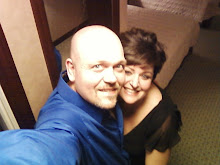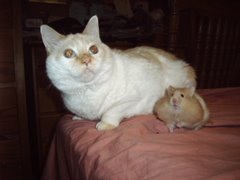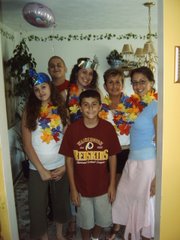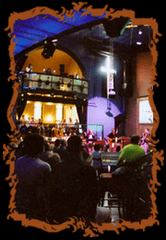
The Reticular Activating System
Interesting post byMARK BATTERSON
The Reticular Activating System (RAS) is a cluster of nerve cells in the brainstem that regulate alertness and attention. We are bombarded by thousands of stimuli every second--different sights, sounds and sensations. It is the job of the RAS to regulate which stimuli you pay attention to and which stimuli you ignore. It is the gatekeeper or screening device. Or think of it as mental radar. The RAS determines what you notice and what goes unnoticed.
Here's how it works. When you purchase a cell phone or clothing or a car, it creates a category in your reticular activating system. You notice if someone's cell phone has the same ring tone don't you? Because you go to answer yours! You notice if someone is wearing your outfit at the same event. Can you say awkward? And the second you drive your new car out of the lot, it seems like everyone is driving your model car.
That is the function of the RAS. You didn't have a category for your clothing or ring tone or car before you bought it. But once you made the purchase or downloaded the ring tone or drove out of the dealership, you had a new cognitive category.
So what does that have to do with goals?
Goals create cognitive categories. And you begin to notice anything and everything that will help you achieve that goal.
I like the way Bodil Jonsson explains it. "Everybody has internal scouts. If you've just learned you're pregnant, you'll see women with big bellies and parents with baby buggies everywhere. If you've started thinking that the spot on your back might be malignant, you'll feel it rubbing against your shirt all day long. A person's perceptions are guided to a great extent by his scouts."
Goals are internal scouts.
Anyone who has children knows that kids lose interest in anything that is not immediately before their eyes--out of sight out of mind. According to psychologists, if an object is removed from a child's field of sight, that object ceases to exist. The have not yet developed the capacity known as object permanence. I would argue that we never really outgrow that. If you want to keep something in mind you better keep it in your sights. If you want vision permanence then you have to keep the vision front and center. And goals are a great way of doing that.
One footnote.
I love what John Richardson said: "When it comes to the future there are only three kind of people: those who let it happen, those who make it happen and those who wonder what happened."
Goals help make it happen

















































No comments:
Post a Comment